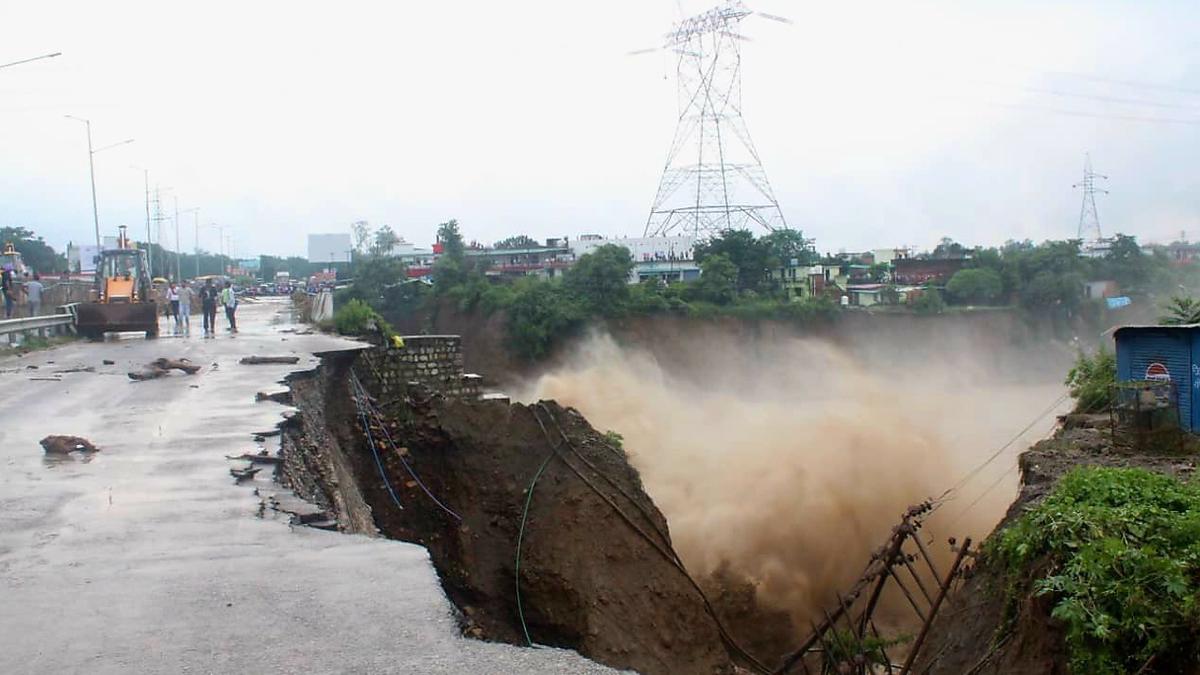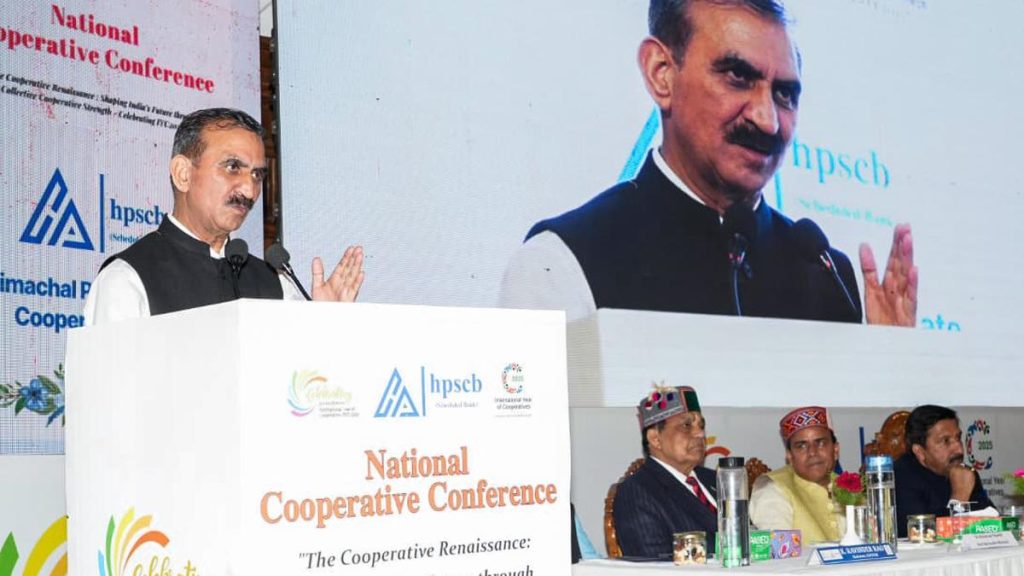Now Reading: Uttarakhand: Heavy Rains Trigger Floods in Dehradun’s Sahastradhara, Two Missing
-
01
Uttarakhand: Heavy Rains Trigger Floods in Dehradun’s Sahastradhara, Two Missing
Uttarakhand: Heavy Rains Trigger Floods in Dehradun’s Sahastradhara, Two Missing

Speedy Summary
- Heavy rains on September 15, 2025, caused severe flooding in Uttarakhand’s Dehradun district.
- Roads were damaged in sahastradhara and Mal Devta; a bridge was washed away near Fun Valley.
- Two people went missing, and one death was reported in Mussoorie.
- The State Disaster Response Force (SDRF) rescued over 100 people, including students from Devbhoomi Institute. Around 300-400 individuals were moved to safety overall.
- Waterlogging left individuals stranded at Geeta Bhawan in Tehri and Dehradun’s IT Park area.
- Landslides blocked a road in Nainital due to heavy rain-triggered debris flow.
- Sub-Divisional Magistrate Hari Giri reported that river swelling is causing strong flows but no tourist casualties so far.
- Chief Minister pushkar Singh Dhami visited affected areas and is monitoring relief efforts alongside local officials. He briefed PM Narendra Modi and Union Home Minister Amit Shah about the situation. Both pledged support for Uttarakhand during this crisis.
Images:
- A washed-out bridge near Fun Valley on the Dehradun-Haridwar National Highway following heavy rains (Photo Credit: PTI).
- An NDRF personnel rescuing a man stranded on an electric pole amid spate river flows (Photo Credit: PTI).
- Observers inspecting a collapsed portion of a bridge near Maldevta caused by cloudburst-triggered rains (Photo Credit: PTI).
Indian Opinion Analysis
The recurring devastation from flooding in Uttarakhand highlights vulnerabilities associated with extreme weather events compounded by climate change effects and geo-environmental factors unique to Himalayan regions like steep terrains and fragile infrastructure.
While rescue operations appear robust-exemplified by SDRF evacuations-it underscores the necessity for more preemptive risk mitigation strategies such as improving drainage systems, flood-resistant infrastructure planning, comprehensive disaster audits of vulnerable zones, and integrating scientific forecasting tools.
Chief Minister Dhami’s engagement suggests responsive leadership but cannot substitute long-term state-level solutions addressing ecosystem resilience alongside social adaptability frameworks-given rising patterns tied globally-economic toll disaster impacts growingly continue straining nationally resources preparedness capacities contextually.

























